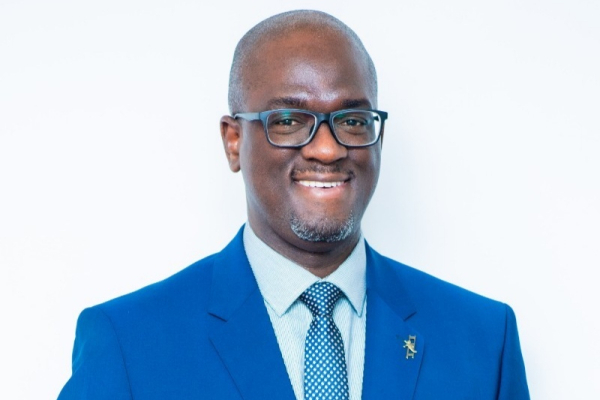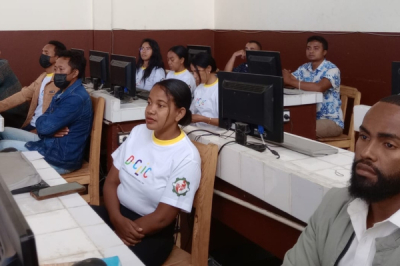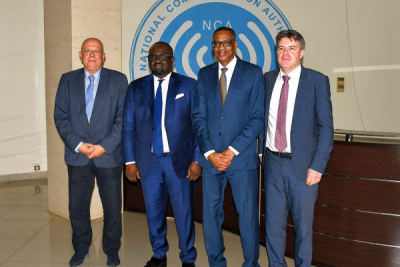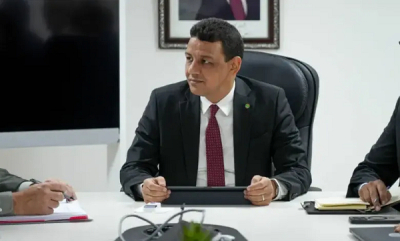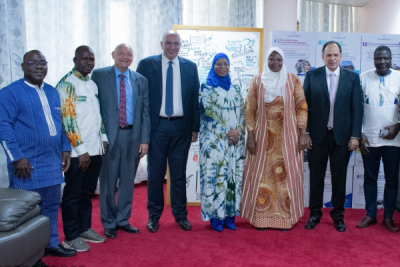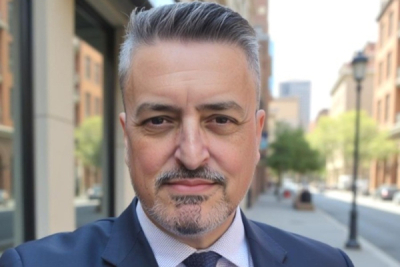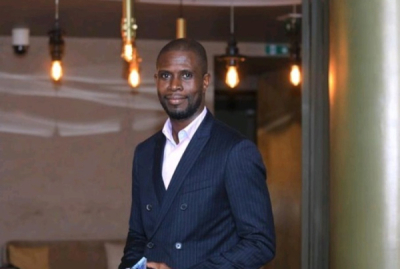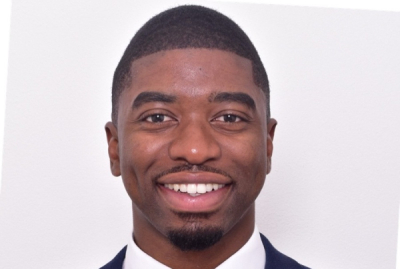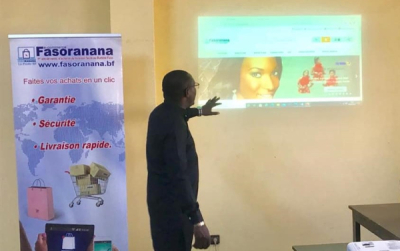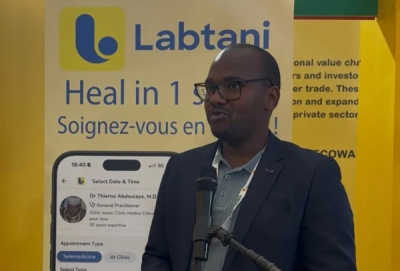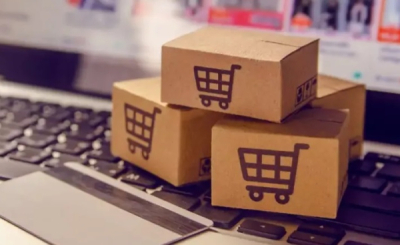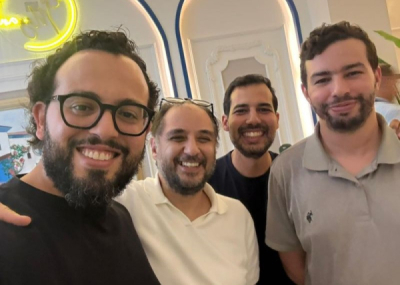Brutus Diakité, Director of Orange Digital Platforms, pulls back the curtain on Orange's groundbreaking new multi-service solution for Africa in an interview with We Are Tech Africa. He dives deep into the innovative technologies powering this initiative and sheds light on crucial security considerations and general improvements in the pipeline.
We Are Tech: What specific technical advantages does Max it offer compared to Orange Money and Orange et Moi, particularly in terms of features, functionality, or user experience?
Brutus Diakité: First of all, Max it marks a groundbreaking integration of the uses and functionalities of the Orange Money and Orange et Moi universes (telecoms account management). It also offers e-commerce functionalities to our customers and OTT–Over The Top– users.
From a technical standpoint, Max it is the culmination of over a decade of application development expertise, with our initial foray into applications dating back to 2009-2010. Everything we've acquired in terms of experience, technical skills, and technology is reflected in Max it.
The fundamental difference between this new application and its predecessors, from a technical point of view, lies in several points. First and foremost, Max it was developed using a hybrid technology known as Flutter. This approach allows us to generate a single codebase for deployment across various platforms, including Android, iOS, and Harmony OS. It's even possible to deploy the solution on the web. This stands in stark contrast to the previous necessity of crafting platform-specific versions, which often led to disruptions in the user experience when transitioning between different operating systems. For example, when switching from Android to IOS or vice versa, the configuration of the environment changes, and certain functionalities no longer respond correctly. But we're committed to delivering a quality customer experience regardless of the consumer’s device.
Furthermore, Max it's design is grounded in microservices, where functionalities have been distributed strategically. The primary advantage of this architectural approach lies in its scalability. For a Max it-type application aspiring to accommodate several million customers, it is imperative to integrate the inherent capability to seamlessly handle a rapid surge in user numbers without jeopardizing system stability. Leveraging microservices and deploying in a Kubernetes-type container environment, the application becomes adaptive. As the volume of requests escalates, the application dynamically reconfigures itself to adeptly support the burgeoning user base. This set of technical assets makes Max it different from previous applications.
We Are Tech: Do any of Max it's microservices integrate with third-party mobile or online payment solutions, beyond Orange Money?
Brutus Diakité: When it comes to payment methods, our preference naturally leans towards Orange Money. However, in response to our customers' requests, we have incorporated additional options. The microservices development approach we've adopted makes integration remarkably straightforward, be it for payment services or other service categories. These microservices operate on API (application programming interface) access, facilitating seamless integration. Leveraging these APIs allows third-party companies to effortlessly connect with Max it and extend their services to our customers and users. Consequently, these APIs serve as a secure gateway to Max it, ensuring the safeguarding of exchanged data.
We Are Tech: The application is due to be launched in Orange's 17 markets in the Middle East and Africa. How do you ensure that the development of the application takes into account the specific realities of each of those markets?
Brutus Diakité: This is another key feature of the Max it project compared to our previous applications. To ensure a consistent experience for all customers across different countries while accommodating local requirements, the application follows a co-development approach. Essentially, the core of the application is centrally designed and implemented, while specific functionalities are developed by individual countries. As a result, we have a tailored application for each of the 17 countries that adapt to their unique realities once deployed. The application caters to the distinct offers, products, and services of each country, taking cultural codes into account. Our approach avoids imposing a one-size-fits-all application on our markets. Instead, each deployment in a country is treated as a separate project, meticulously designed and managed in close collaboration with local teams.
Additionally, we aimed for countries to have a high degree of autonomy in managing the application and the flexibility to experiment and learn in their markets. In practice, this co-development philosophy allows countries to create functionalities beyond the standard catalog and test them locally. If [users] like the feature, the code can be made available to other countries to integrate if they wish. One example is the "Wheel of Fortune", which invites users to try and win a gift. This feature was developed by one country, successfully tested with users, and then duplicated in other countries.
We Are Tech: In terms of user security, what is Max it's level of integrity?
Brutus Diakité: In the development of the application, we adopted a Security by Design approach, meaning that security considerations were integrated into every stage of design and development. Our development teams include security experts who continuously assess the application for vulnerabilities. Following the initial deployment in the first five markets, security experts are conducting daily penetration and vulnerability tests to swiftly identify and address potential flaws. It's crucial to highlight that our Group, through Orange Cybersecurity, holds a significant global presence in security, with a team of skilled professionals consistently evaluating the application.
Beyond the technical security aspects, we also have a section dedicated to social engineering. This involves countering scammers who target customers directly through calls and messages to manipulate them into revealing their passwords. For this, we employ a Deep Link-based authentication solution. This entails sending a secure link to a Max it user, and only Max it can open this link. This approach ensures that the user has initiated the action and possesses the app, representing one of the best contemporary security practices for authenticating customers and safeguarding their usage. This technology has already been successfully implemented in multiple countries.
We Are Tech: What enhancements are you currently focusing on to bolster the application?
Brutus Diakité: Regarding security, we are continuously working on enhancements. As hackers and scammers evolve, our goal is to stay ahead of these threats. In terms of functionalities, several are currently undergoing testing and will be incorporated into the application in future deployments. These additions aim to elevate Max it to the level of applications offered by leading companies in the field, surpassing their flagship applications due to our unique telco environment, which sets us apart and works in our favor.
We Are Tech: Are these improvements likely to make Orange Money interoperable across Orange's 17 markets in the Middle East and Africa?
Brutus Diakité: As far as mobile money is concerned, the challenge lies in regulatory considerations. Technically, today, we know how to achieve this interoperability. However, regulatory decisions on the issuance of electronic money between countries still need to be determined by banking regulators, which are the central banks of each country.
We Are Tech: What will happen to customers who have a preference for previous applications, or who use basic mobile phones?
Brutus Diakité: We strongly recommend their transition to Max it as it introduces several innovative features that were not present in our previous applications. Max it not only retains all the functionalities of the older ones but also provides additional advanced features. For users with basic mobile phones, USSD services will continue to be available for some time. However, it's important to note that they do not offer the same user-friendly experience and numerous benefits as the app. Specifically, users relying on USSD will not have access to the Marketplace, video, and audio content, among other features.
Interview by Muriel Edjo


